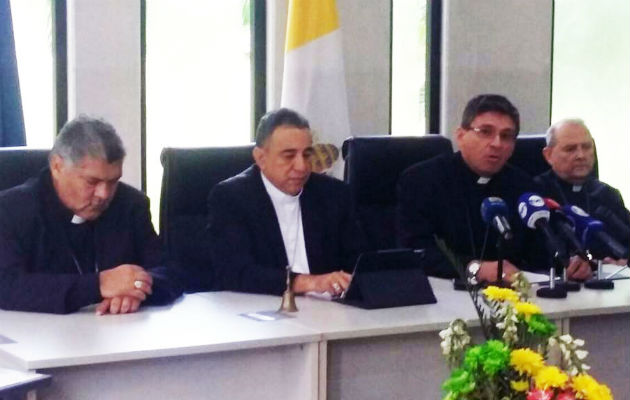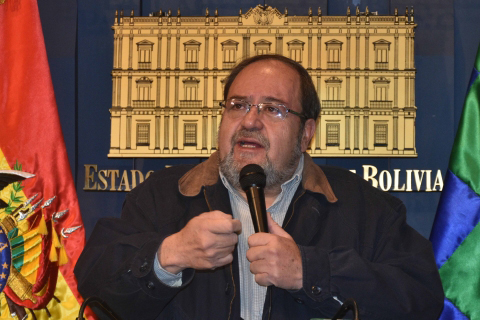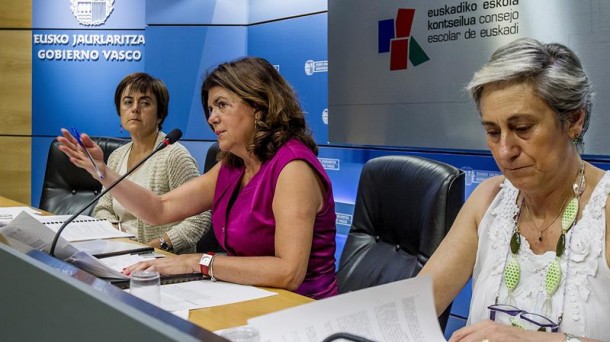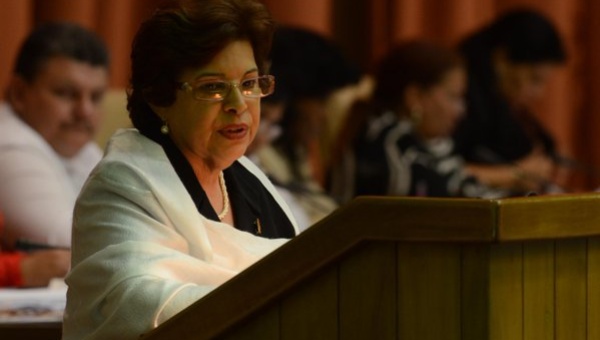América del Norte/México/10 Julio 2016/Fuente y Autor: Cadena Rasa
Ciudad de México (Rasainforma.com/Mar Pérez).- El Consejo Nacional de Ciencia y Tecnología (Conacyt), en colaboración con el Foro Consultivo Científico y Tecnológico (FCCyT), dio a conocer la convocatoria al Premio Nacional de Periodismo de Ciencia, Tecnología e Innovación
El premio reconocerá a los autores de los mejores trabajos de periodismo científico y tecnológico de este año que tengan publicaciones en periódicos, revistas, radio, televisión e Internet.
La convocatoria se realiza con la finalidad de premiar los trabajos de periodistas que además recurren a fuentes oficiales, intelectuales, investigadores, científicos e instituciones mexicanas, para realizar sus reportajes.
Además de promover el acceso abierto a la información científica y tecnológica de universidades, instituciones de educación superior y centros de investigación, como fuentes principales.
La iniciativa pretende lograr una Sociedad del Conocimiento y fomentar la participación de profesionales de la comunicación periodística en la ciencia.
El premio es un reconocimiento económico de 50 mil pesos dentro de cada categoría, pueden ser nacionales o extranjeros que radiquen en México y con trabajos hechos en el país.
En la iniciativa podrán participar científicos que recurran a fuentes de investigación documental de artículos científicos publicados en revistas indexadas o a entrevistas con científicos que laboren en instituciones mexicanas.
La convocatoria estará abierta hasta el 31 de julio del 2016 y puede consultarse en el siguiente enlace.
Fuente de la noticia: http://rasainforma.com/noticias/ciencia-y-tecnologia/publican-convocatorio-para-premio-de-periodismo-cientifico-y-tecnologico/162385/
Fuente de la imagen: http://www.cadenarasa.com.mx/archivosnoticias/bb84789b61933af44bbdbfbc4a00e24c.jpg














 Users Today : 18
Users Today : 18 Total Users : 35461204
Total Users : 35461204 Views Today : 79
Views Today : 79 Total views : 3421178
Total views : 3421178